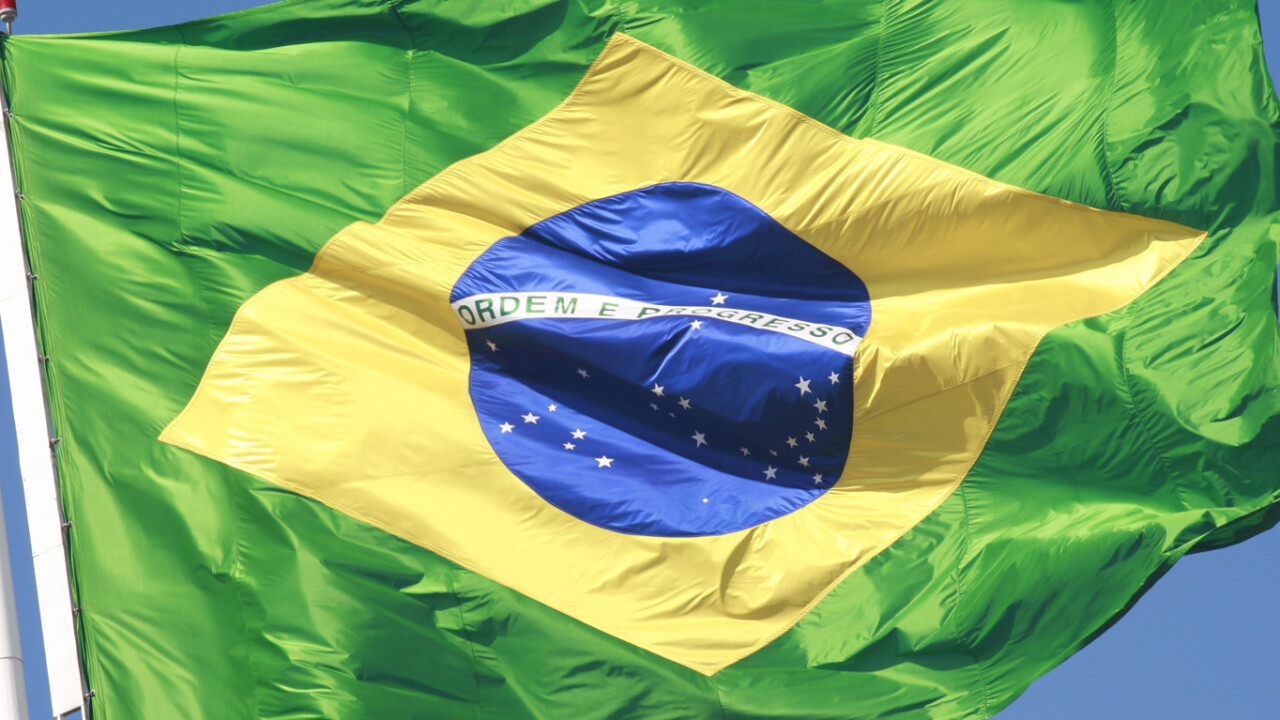
Brazil-based acceleration program SEED has announced the list of 40 startups — 29 Brazilian and 11 foreign — that will take part in its first batch. The names were revealed today by the governor of the state of Minas Gerais Antonio Anastasia during the official opening of the Global Entrepreneurship Week.
As you may remember, SEED is an initiative of the state of Minas Gerais whose name stands for “Startups and Entrepreneurship Ecosystem Development”. Its ultimate goal is to turn the state into Latin America’s leading tech hub, by fostering its entrepreneurial culture while supporting new and innovative tech ventures. To do so, the state voted an ad hoc law to be able to offer a R$80,000 ($34,400 USD) equity-free grant to early-stage startups that will develop their project in the state as part of SEED’s acceleration program.
This formula is not quite a first, as it undeniably owes a lot to Start-Up Chile and to the Chilean government’s bold decision not to ask for equity in return for its funding, while also accepting foreign applications. Still, such opportunities are more than rare for early-stage entrepreneurs, which may explain SEED’s popularity. According to its promoters, it has received a whopping total of 1367 startup applications in only 22 days, way beyond expectations.
 It is also interesting to note that the world took notice; while Brazilian startups accounted for around 80% of all applications, these came from a total of 32 countries. The top 5 most represented foreign countries were Chile (3,73%), Argentina (3,2%), United States (2,53%), Peru (2%) and India (1.6%).
It is also interesting to note that the world took notice; while Brazilian startups accounted for around 80% of all applications, these came from a total of 32 countries. The top 5 most represented foreign countries were Chile (3,73%), Argentina (3,2%), United States (2,53%), Peru (2%) and India (1.6%).
Their diversity didn’t stop there: among the applicants, 19% focused on IT and enterprise software, 11.8% on e-commerce, 11.1% on education, 10.8% on media and social networks, 8.4% on mobile & wireless technology and 4.7% on health and bio-tech. In addition, 18.6% were still at idea stage, 49.5% were building their prototype, 24.9% already had a working product and 7% were scaling their sales.
SEED then put Start-Up Farm in charge of enlisting qualified judges and sort out applications in three stages in order to pick up the most promising ones. Without further ado, here’s the full list of selected companies that came out of this process:
- Argentina: aiotra, Skyar;
- Brazil [including name and state of origin]: aceitaFone (SP); Beved (MG), Cabe na Mala (RJ), Construct (SP), CVS Educacional (MG), Donuz (MG), Freta.lá (SP), Geração de energia hidroelétrica subaquática (MG), Go Aulas (SP), Guidea (MG), Homestay Brazil (MG), HowTool (PE), LigFlat (MG), Netbee (MG), O X da Questão (SP), ON-Security – Segurança da Informação (RS), Packdocs (MG), Pictastik (DF), Pontosec (SP), Qranio (MG), QueepMe (MG), Repplica – Gerenciador de Anúncios (GO), Say2me (PE), Splitplay (RJ), Tao Sales Learning (MG), Tracksale (MG), Turma do Tião Camaleão (MG), VaiVolta (SP), Zase CRM Social (MG);
- Chile: AidApp.org, CityHeroes, Guubie, Riht.org, Tabacus Initiative;
- Italy: AWSmaker;
- India: grabHalo Inc.;
- Uruguay: Interactivo Web, Softruck.
According to SEED’s manager Leandro Campos, a new call for applications will be launched next month and startups that didn’t get selected this time are welcome to re-apply alongside new applicants.
To make the landing phase as smooth as possible for its first alumni, SEED will welcome the first startups in two groups: one on December 16, and the following one on January 13 next year. Participating entrepreneurs are set to remain for at least 6 months in Belo Horizonte, where they will be expected to share some of their knowledge with the local community through workshops, classes and other training sessions. Funding aside, they will receive mentoring and training, in addition to access to a co-working space and to the program’s network of entrepreneurs.
It is interesting to see that a sizable number of startups come from outside of Minas Gerais — either from a different Brazilian state or from a different country. To facilitate the participation of foreigners, the state of Minas Gerais closed a unique partnership with the federal immigration council (CNI), which will grant a two-year visa to non-Brazilian entrepreneurs, and deliver it on time for them to join the program. As a matter of fact, the CEO of Minas Gerais’ Strategic Priorities Bureau André Barrence explained that this was a key component of SEED: “To build a highly relevant ecosystem, it is necessary to have diversity! Of ideas, of habits, of experiences. This is why it is so important to have foreigners participate in SEED,” he said (translation ours).
Of course, Minas Gerais hopes that these global connections will contribute to boost the state’s attractiveness, while confirming Belo Horizonte’s growing status as a startup ecosystem. While many cities are competing for the title of Latin America’s leading tech hubs, Minas Gerais’ capital seems determined to fight for its share of the pie. As we reported, it already earned it the nickname of “San Pedro Valley,” and SEED is likely to reinforce this positioning.
Update: The program announced in a blog post that three startups had been removed from its final selection: Qranio, which ended up declining to participate “due to a recently signed contract abroad,” as well as two other projects, which we identified as Guubie and Tabacus Initiative, which “were eliminated of the selection process for [SEED Program’s first round] due to not meeting the criteria of having less than two years of performance.” They will be replaced with StudentBackr (France), Tex.do (Brazil, SC) and TraktoPro (Brazil, AL).
Update 2: aiotra and Pictastik have declined to participate and been replaced with FunPlace (Brazil, MG) and Planedia (Spain).
Image credit: casadaphoto / Shutterstock
Get the TNW newsletter
Get the most important tech news in your inbox each week.




